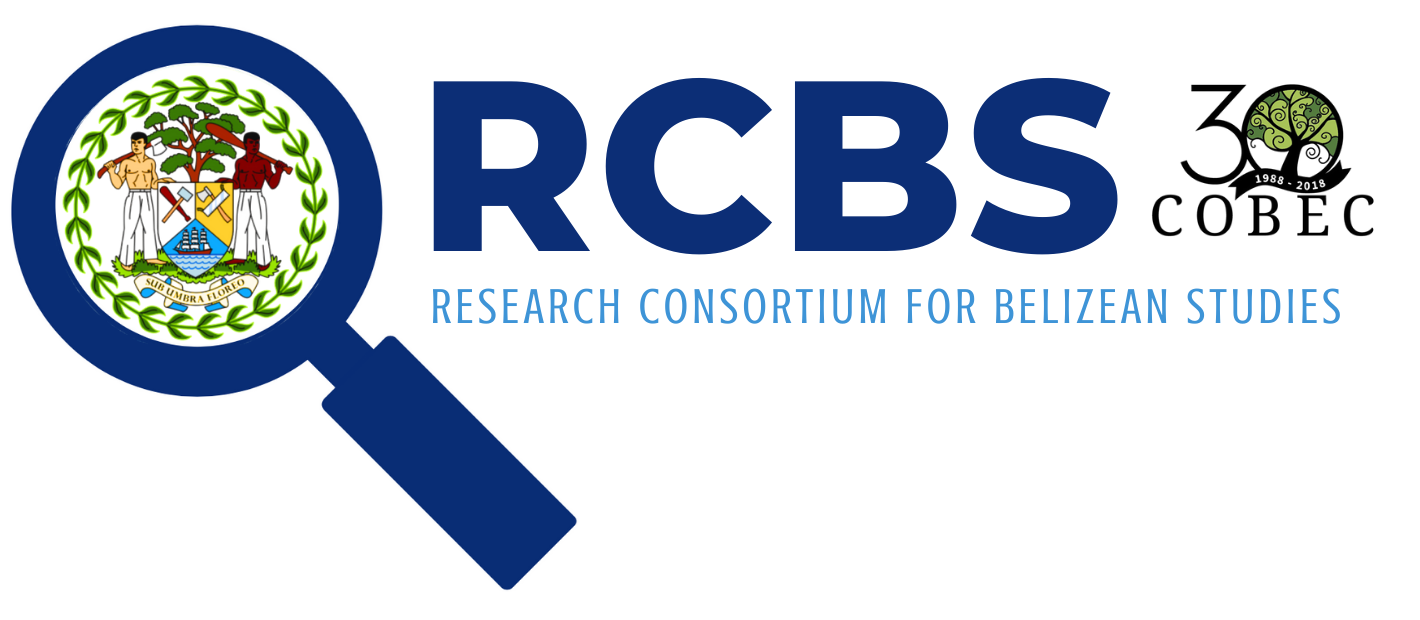
Research Consortium for Belizean Studies
Title
Reintroduction of the Scarlet Macaw (Ara Macao Cyanoptera) in the Tropical Rainforests of Palenque, Mexico: Project Design and First Year Progress
Abstract
There are 17 extant species of macaws in the Neotropics, most of them found in South America. Two subspecies of scarlet macaw (Ara macao) are distinguished in Mesoamerica: Ara macao cyanoptera, from Mexico to central Nicaragua, and Ara macao macao, from southern Nicaragua to South America. Habitat loss, hunting, and in particular illegal traffic have resulted in the local and regional extinction of this macaw within its historical range. In Mexico, the scarlet macaw has disappeared from about 98% of its indigenous range; it is extinct in El Salvador and occurs in very low numbers in Guatemala, Belize, Honduras, and Nicaragua. The IUCN recommends two tactics for population restoration: Reintroduction and Reinforcement. In this paper we report the design and first-year progress of a project to reintroduce the scarlet macaw (A. macao cyanoptera) in the tropical rainforests of Palenque, Mexico, where this macaw has been extinct for more than 70 years. The project is spearheaded by Aluxes Ecopark Palenque, bringing together Xcaret Ecopark (as donor of captive-bred scarlet macaws) and the Institute of Biology of Universidad Nacional Autonoma de Mexico (UNAM; provider of the scientific platform for the project). The design of the project adheres to the IUCN/SSC guidelines for reintroductions. A soft-release protocol was developed as a major axis of the reintroduction of the scarlet macaw. This includes a preparation phase to enhance survival in the wild and a long-term post-release monitoring program. Broad social support was considered essential for the success of the project, and a program was implemented to include the local inhabitants as partners in this initiative. Between April 2013 and June 2014, we conducted six successful releases of a total of 92 macaws. Survival to August 2014 was 92%. The reintroduction of the scarlet macaw in the tropical rainforests of Palenque will restore a seed- and fruit-eating avian species with important consequences for ecosystem functions and processes, in a project that reconnects people with their natural heritage.
Publisher
Tropical Conservation Science
Date of Publication
2014
Document Type
Article

